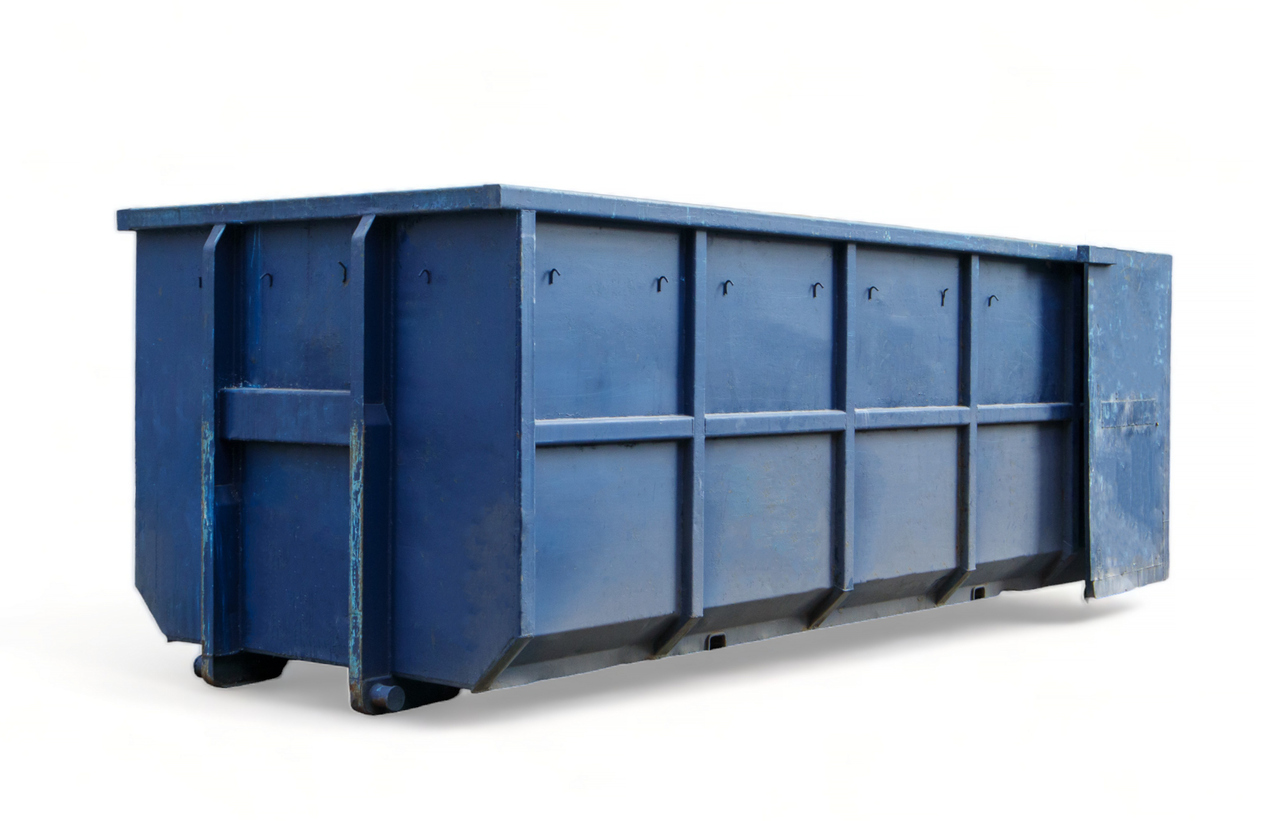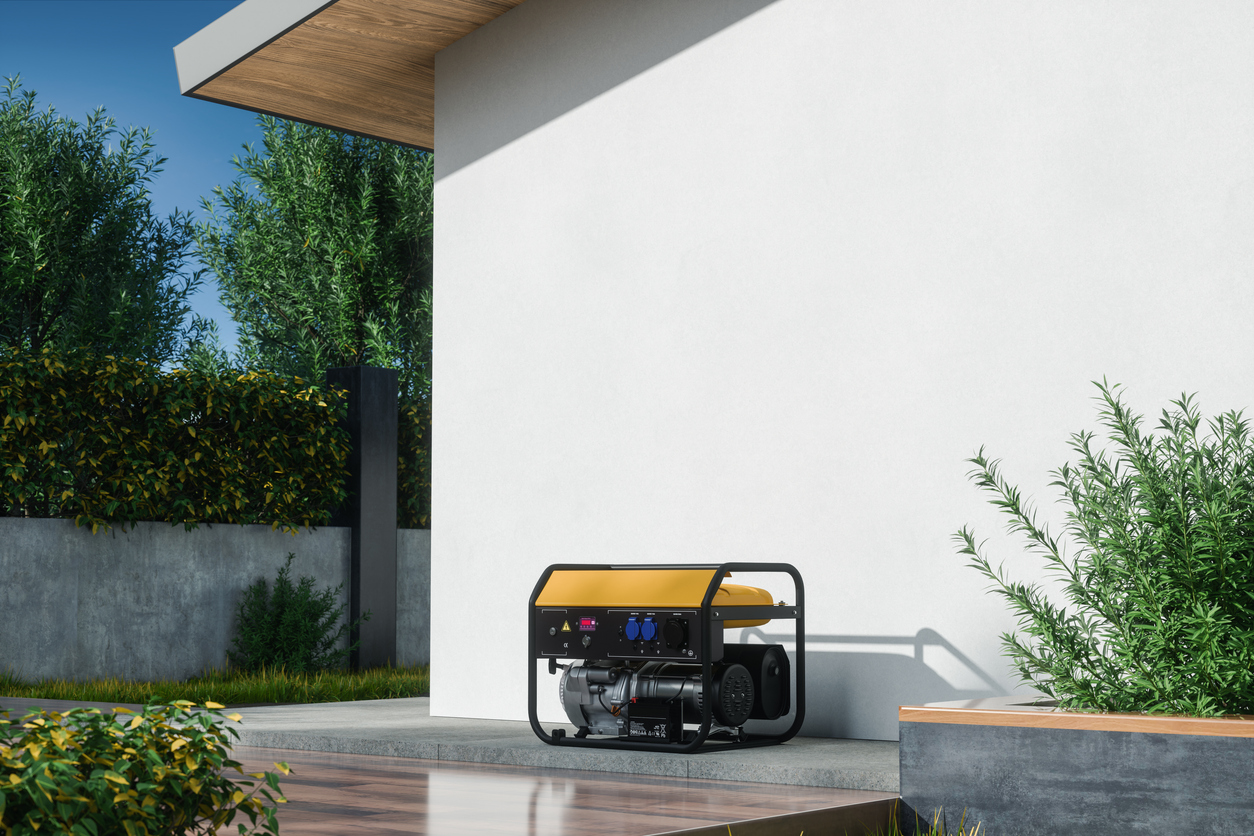Dumpster rental is a cost-effective and convenient solution for managing large amounts of waste. Whether you're undertaking a home renovation, cleaning out an office, or managing a construction project, renting a dumpster can help streamline the process of waste disposal. This article provides a comprehensive guide to understanding the ins and outs of dumpster rental, ensuring you get the right size and type for your needs.

Understanding Dumpster Rental
Dumpster rental involves hiring a large container to dispose of various types of waste. These containers are typically delivered to a designated location and picked up once filled. The primary benefit of renting a dumpster is its ability to accommodate significant volumes of waste that wouldn’t fit in standard trash bins. This makes it an excellent choice for one-time projects like home cleanouts, landscaping, or large-scale events.
Dumpster sizes range from small 10-yard containers to large 40-yard ones, with different sizes suitable for different projects. Understanding the size and type of dumpster you need is essential to avoid overpaying for a larger size or underestimating your waste disposal needs.
Types of Dumpsters
Dumpsters can be categorized into various types depending on the purpose of the rental. The most common types include roll-off dumpsters, commercial dumpsters, and specialty dumpsters.
Roll-off dumpsters are open-topped containers used for residential or construction projects. They are typically delivered by trucks equipped with a system that rolls the dumpster into place. These are ideal for projects like home renovations, roofing jobs, and large cleanouts.
Commercial dumpsters are smaller and are designed for regular use at businesses or apartment complexes. These dumpsters are often placed in permanent locations and emptied regularly by waste management services.
Specialty dumpsters are used for specific types of waste, such as hazardous materials, recyclables, or organic waste. If your project involves specialized waste disposal, renting the appropriate dumpster ensures you adhere to local regulations.
Choosing the Right Size
Selecting the correct dumpster size is crucial to maximizing efficiency and cost savings. Dumpsters are measured in cubic yards, and the size you need depends on the scope of your project. Common dumpster sizes include 10-yard, 20-yard, 30-yard, and 40-yard containers.
A 10-yard dumpster is best for small projects, such as garage cleanouts or minor landscaping. For medium-sized projects like roofing jobs or small renovations, a 20-yard dumpster is appropriate. Larger projects, such as major home remodels or large construction jobs, may require a 30-yard or 40-yard dumpster.
To avoid additional costs, always assess the amount of waste you expect to produce. Overfilling a dumpster can lead to extra fees, while renting a dumpster that's too large means you're paying for unused space.
How Dumpster Rental Works
The process of renting a dumpster is relatively straightforward. First, you'll need to contact a dumpster rental company and provide details about your project. Based on the information you provide, they will recommend an appropriate size and type of dumpster.
Once you've agreed on the details, the rental company will deliver the dumpster to your site. Most companies offer flexible rental periods, allowing you to keep the dumpster for several days or weeks, depending on your needs. Once the dumpster is full or your project is complete, you can contact the company for pick-up.
Be mindful of any restrictions on what can be disposed of in the dumpster. Most rental companies prohibit the disposal of hazardous materials like chemicals, paint, or batteries, and there may be limits on items like tires, appliances, or electronics.
Cost Factors
Several factors influence the cost of renting a dumpster, including the size, location, rental period, and the type of waste you're disposing of. Larger dumpsters naturally cost more, and rental companies may charge additional fees for overfilling or disposing of prohibited materials.
The duration of your rental also affects the price. Some companies charge a flat fee for a specific number of days, while others may charge on a daily or weekly basis. If you need the dumpster for an extended period, it's wise to compare rates across multiple rental companies to find the best deal.
Location plays a significant role in pricing as well. Delivery charges may be higher in remote areas, and waste disposal fees can vary based on your local landfill rates. Be sure to ask for a detailed estimate to avoid hidden costs.
Benefits of Dumpster Rental
Renting a dumpster provides several benefits, including convenience, efficiency, and cost savings. Having a dedicated container for waste allows you to focus on your project without worrying about making multiple trips to the landfill. Dumpsters also help keep your work area organized and free of debris, reducing potential safety hazards.
Additionally, renting a dumpster can be more environmentally friendly. Many rental companies sort through the waste and recycle materials like metal, plastic, and cardboard, reducing the amount of waste sent to landfills.
Important Considerations
Before renting a dumpster, it’s essential to consider factors such as space and permits. Make sure there’s enough room on your property to accommodate the dumpster, especially if you’re renting a large container. If the dumpster needs to be placed on the street, you may need to obtain a permit from your local government.
It's also a good idea to schedule delivery and pick-up times that work best for your project timeline. Being proactive about when you need the dumpster can prevent delays and ensure a smooth process.
Conclusion
Dumpster rental is an efficient solution for managing waste during projects of all sizes. By understanding the different types of dumpsters, selecting the right size, and considering cost factors, you can find the perfect rental for your needs. Whether you're tackling a home renovation or managing a large construction site, renting a dumpster simplifies the process of waste disposal and helps keep your project on track.


